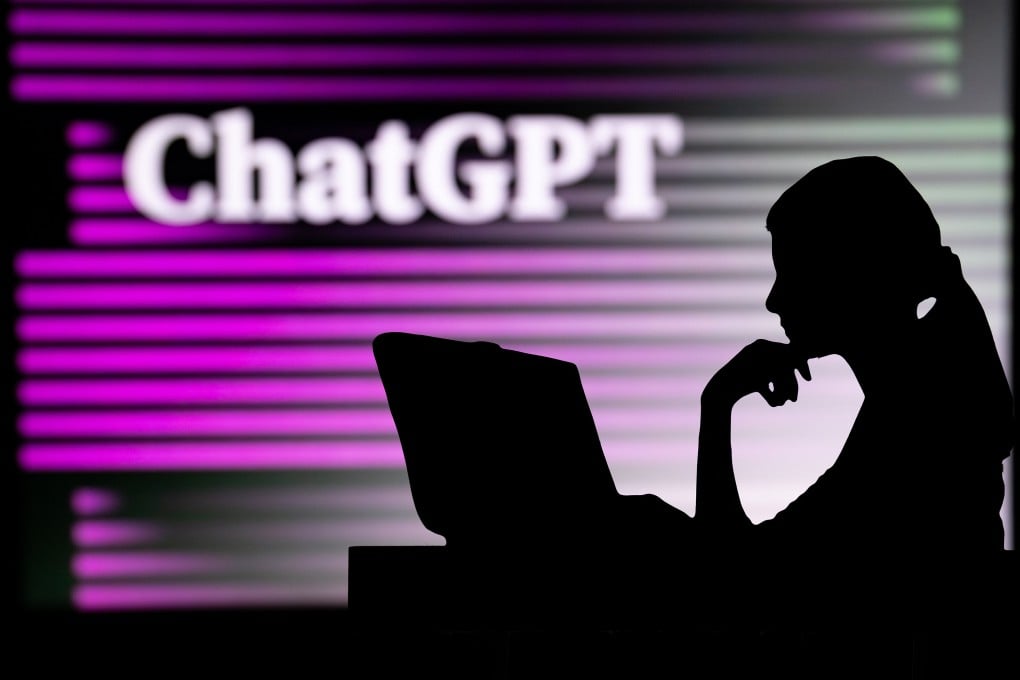AI tools prompt tough questions about future of grading and teaching at Hong Kong universities
- After months of shifting views on the use of generative artificial intelligence, or GenAI, on campuses, most leading universities in city are adopting the technology
- But professors and lecturers warn traditional ways of assessing students will have to change and unchecked use could undermine academic literacy

At least five teachers at the University of Hong Kong (HKU) told the Post on Friday they were cautious about incorporating tools such as ChatGPT and Dall-E into their coursework, especially when the programs could not yet be relied upon to distinguish between fact and fiction.
One lecturer said widespread use of the new technology on campus could lead to a “collapse” of the university’s years-long assessment system, as AI could play a role in carrying out lower-level tasks.

But in announcing the about-face this week, HKU’s Cecilia Chan Ka-yuk, director of the Teaching and Learning Innovation Centre, said the university wanted pupils to be “forerunners and leaders in GenAI”.
Vera Yuen Wing-han, a lecturer at HKU’s business school, warned the introduction of GenAI would inevitably shake up the university’s assessment system.